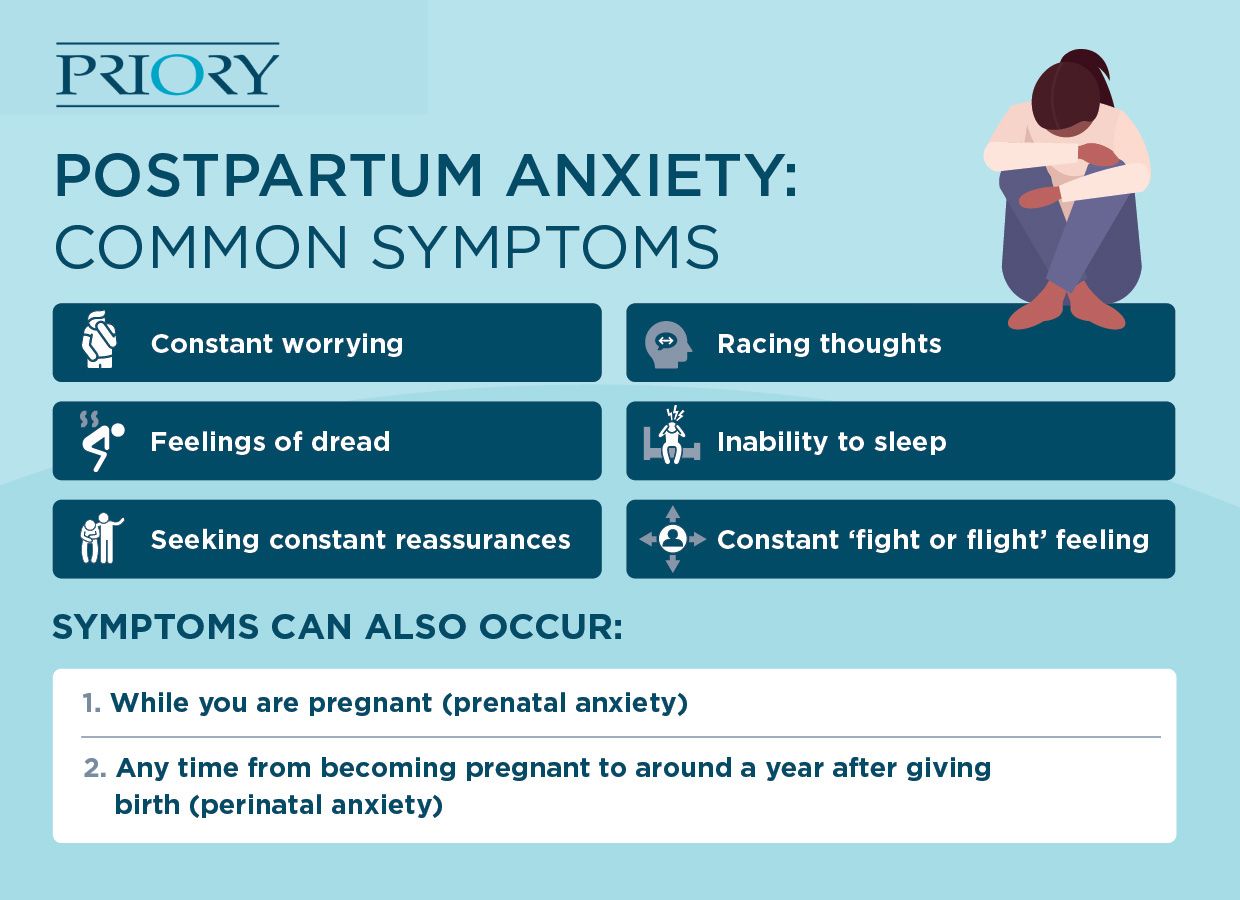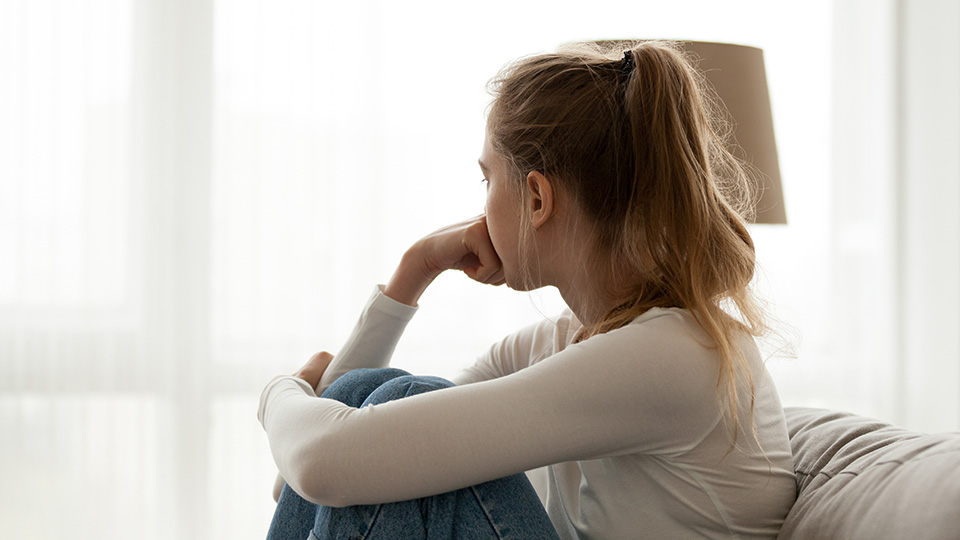Understanding postpartum anxiety
Postpartum anxiety can be overwhelming, but recognising the symptoms early means you can start getting the help and support you need.
Start your journey to recovery with Priory and learn more about our evidence-based mental health treatments, delivered by expert clinicians.










